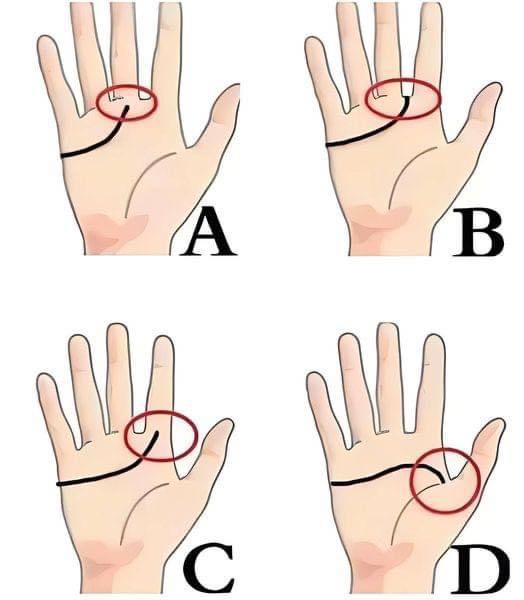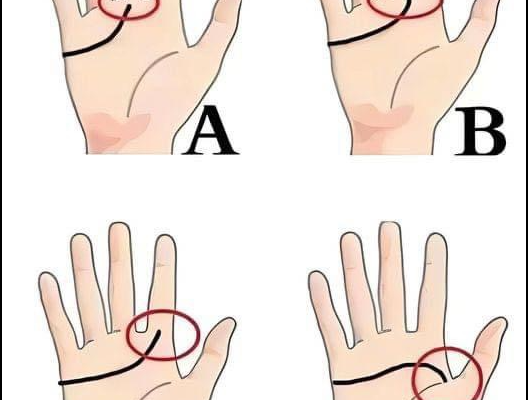In today’s fast-paced world, understanding yourself and those around you is more important than ever. One tool that has proven valuable for self-discovery and improving interpersonal relationships is the Myers-Briggs Type Indicator (MBTI). Created by Katharine Cook Briggs and her daughter Isabel Briggs Myers, the MBTI helps people identify their personality type from 16 possible categories. This newfound self-awareness can enhance relationships, guide career choices, and boost personal development.

What Is the MBTI?
The MBTI is rooted in the psychological theories of Carl Jung, focusing on how people perceive the world, gather information, and make decisions. The test divides people into 16 distinct personality types based on four fundamental dichotomies:
- Extraversion (E) vs. Introversion (I): This pair describes how you gain energy. Extraverts thrive on social interaction, drawing energy from engaging with others, while introverts recharge through solitude and reflection.
- Sensing (S) vs. Intuition (N): This dimension explores how you perceive information. Those who prefer sensing rely on tangible, factual data, focusing on what is real and concrete. In contrast, intuitives look for patterns, ideas, and possibilities, often focusing on the future.
- Thinking (T) vs. Feeling (F): This dichotomy deals with decision-making. Thinkers prioritize logic and objective analysis when making decisions, while feelers are guided by personal values and the impact on others’ feelings.
- Judging (J) vs. Perceiving (P): This final pair highlights your approach to structure and organization. Judgers prefer a planned, orderly approach to life, enjoying schedules and structure, while perceivers are more flexible, open to change, and spontaneous.
By answering a series of questions, the MBTI test determines where you fall within each of these four categories, resulting in a four-letter personality type like INFP or ESTJ.
The 16 Unique MBTI Personality Types
The MBTI groups individuals into 16 personality types, each with its own set of characteristics. Here’s a breakdown of what each type embodies:
- ISTJ (The Inspector): Dependable, detail-oriented, and practical. They value traditions and responsibility.
- ISFJ (The Protector): Warm, nurturing, and selfless. They are deeply committed to helping others.
- INFJ (The Advocate): Insightful, idealistic, and principled. They often have a strong sense of purpose.
- INTJ (The Architect): Strategic, logical, and independent. They enjoy planning and problem-solving.
- ISTP (The Virtuoso): Hands-on, adventurous, and practical. They excel at working with tools and solving problems creatively.
- ISFP (The Adventurer): Artistic, sensitive, and spontaneous. They seek new experiences and value creativity.
- INFP (The Mediator): Compassionate, idealistic, and deeply empathetic. They are driven by personal values.
- INTP (The Logician): Analytical, inventive, and curious. They have a deep love for exploring ideas and theories.
- ESTP (The Entrepreneur): Energetic, bold, and adaptable. They enjoy living in the moment and taking risks.
- ESFP (The Entertainer): Charismatic, fun-loving, and lively. They bring excitement to any situation.
- ENFP (The Campaigner): Sociable, enthusiastic, and imaginative. They are great at connecting with others and exploring possibilities.
- ENTP (The Debater): Quick-witted, curious, and innovative. They thrive on intellectual challenges.
- ESTJ (The Executive): Organized, efficient, and strong-willed. They excel in leadership and management roles.
- ESFJ (The Consul): Friendly, caring, and sociable. They enjoy helping others and building harmony.
- ENFJ (The Protagonist): Inspirational, charismatic, and supportive. They are natural-born leaders who uplift those around them.
- ENTJ (The Commander): Assertive, confident, and strategic. They are decisive leaders who thrive on achieving goals.
Why Should You Take the MBTI?
Understanding your MBTI type can have far-reaching benefits in various areas of your life:
- Self-Awareness: Learning about your personality type can help you understand your strengths, weaknesses, and natural preferences. This awareness can guide your decisions and help you navigate life’s challenges more effectively.
- Improved Relationships: By recognizing the different personality types, you can better understand and communicate with others. This can improve your relationships with friends, family, and colleagues by fostering empathy and reducing misunderstandings.
- Career Guidance: The MBTI can also help identify careers that align with your strengths and interests. For instance, analytical INTJs may excel in strategic planning, while outgoing ESFPs might thrive in social, dynamic work environments like entertainment or sales.
- Personal Growth: Knowing your personality type can highlight areas for improvement, helping you work on skills that don’t come as naturally to you. This insight can drive personal development and growth.
How to Take the MBTI Test
The MBTI assessment is widely available online, with both free and paid versions. While the official MBTI assessment offers the most detailed and accurate results, many free versions still provide valuable insights into your personality.
Taking the test is straightforward. You’ll answer a series of questions about your preferences, behaviors, and reactions to different situations. The test usually takes between 15 to 30 minutes to complete. Once done, you’ll receive a four-letter personality type and a detailed description of your specific traits.
Conclusion: Harnessing the Power of the MBTI for Self-Improvement
The MBTI personality test is more than just a fun activity—it’s a tool for self-reflection and growth. By understanding your MBTI type, you can unlock insights into your personality that can improve your relationships, guide your career path, and support your journey towards personal development.
Whether you’re looking to enhance your self-awareness, strengthen your relationships, or simply explore your personality out of curiosity, the MBTI offers valuable insights that can guide you. Knowing whether you are a creative ENFP or a logical ISTJ can help you leverage your strengths and address your weaknesses.
Are you ready to discover your MBTI type? Take the test today and see where you fit among the 16 personality types. You might just gain a new perspective that can change how you approach life’s challenges and opportunities.


B